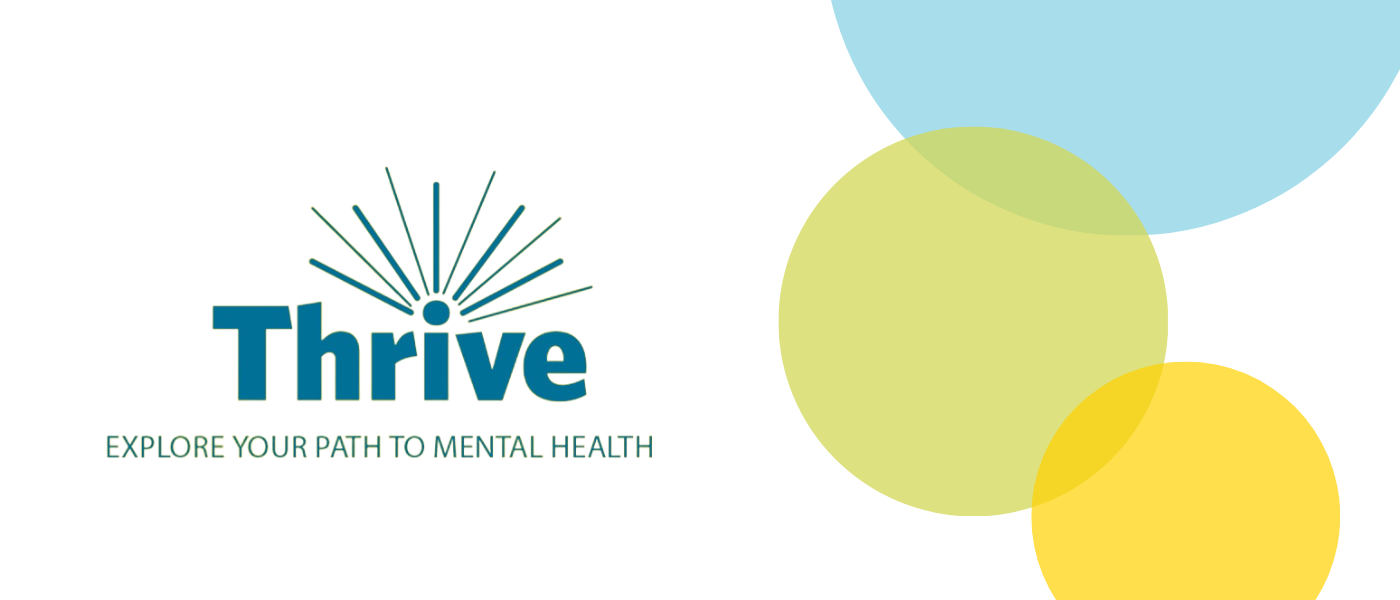Thrive Week
Celebrated at McMaster since 2018, Thrive Week is a time when we come together as a community to learn about, talk about, and explore ways to support our mental health. Each year, groups across campus host a week-long series of events focused on promoting the mental well-being of students, faculty, staff and alumni.
The next Thrive Week will be held from January 27-31, 2025. Let’s get everyone at McMaster thinking and talking about mental health!
Some of Our Past Events

Guided Walk in the McMaster Forest
The McMaster community went on a guided walk in the McMaster Forest, hosted by Nature at McMaster.

Triple C Farm Visit
Hosted by the Student Wellness Centre, students, faculty and staff came together to meet Triple C Farm’s goats, sheep, alpacas, donkeys, pigs, horses and more!
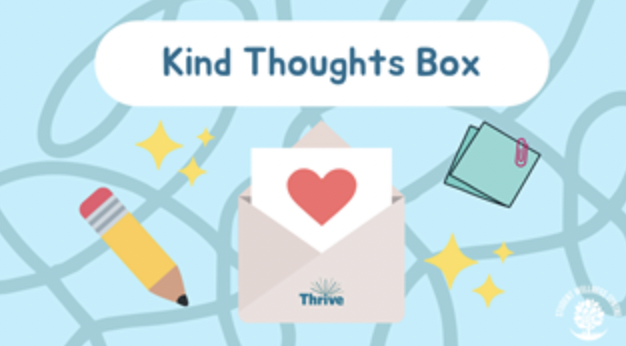
Kind Thoughts Box
A ‘take one leave one’ note system! The McMaster community wrote notes with a positive message and placed them into the box for someone else to read. This event was hosted by the Student Wellness Centre.
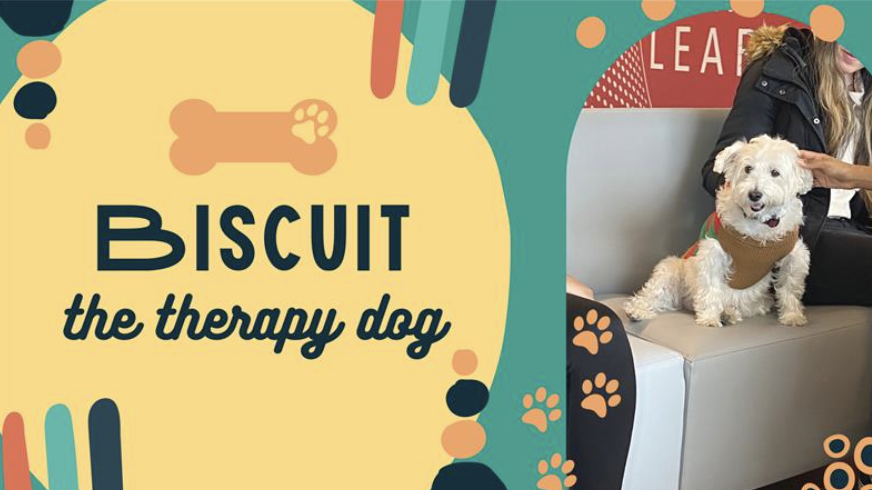
Therapy Dog Visit
Hosted by the Student Wellness Centre, students gathered to visit the therapy dog, Biscuit!
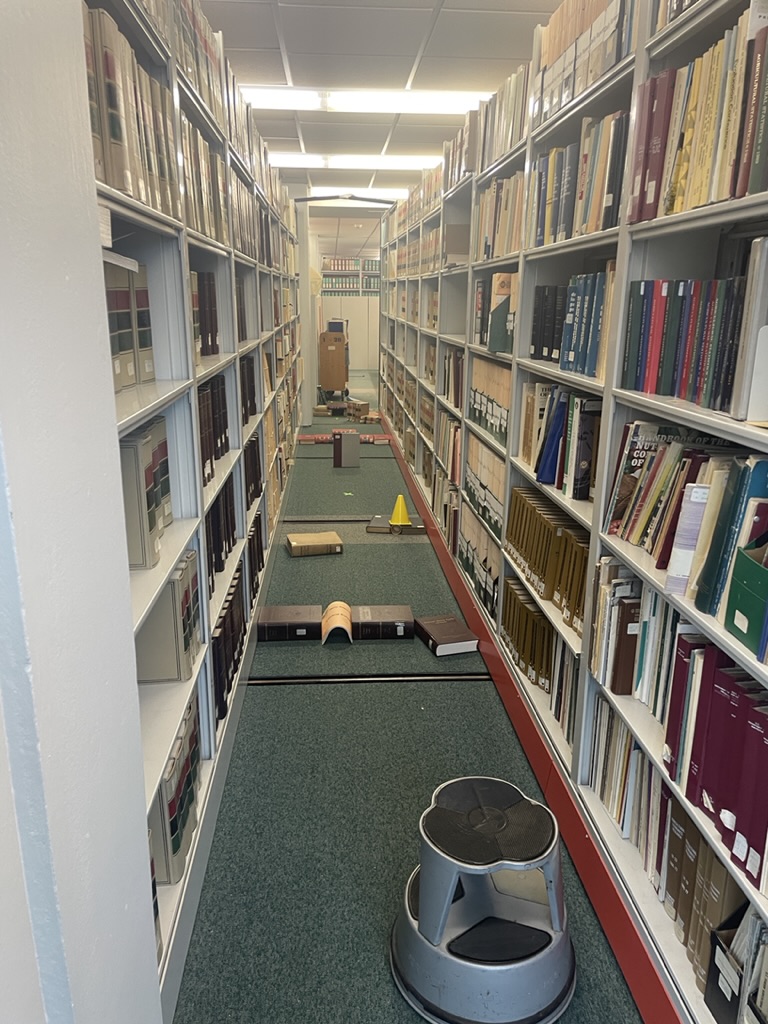
Mini Golf In Mills
The McMaster University Library hosted a fun game of mini golf in Mills Library.
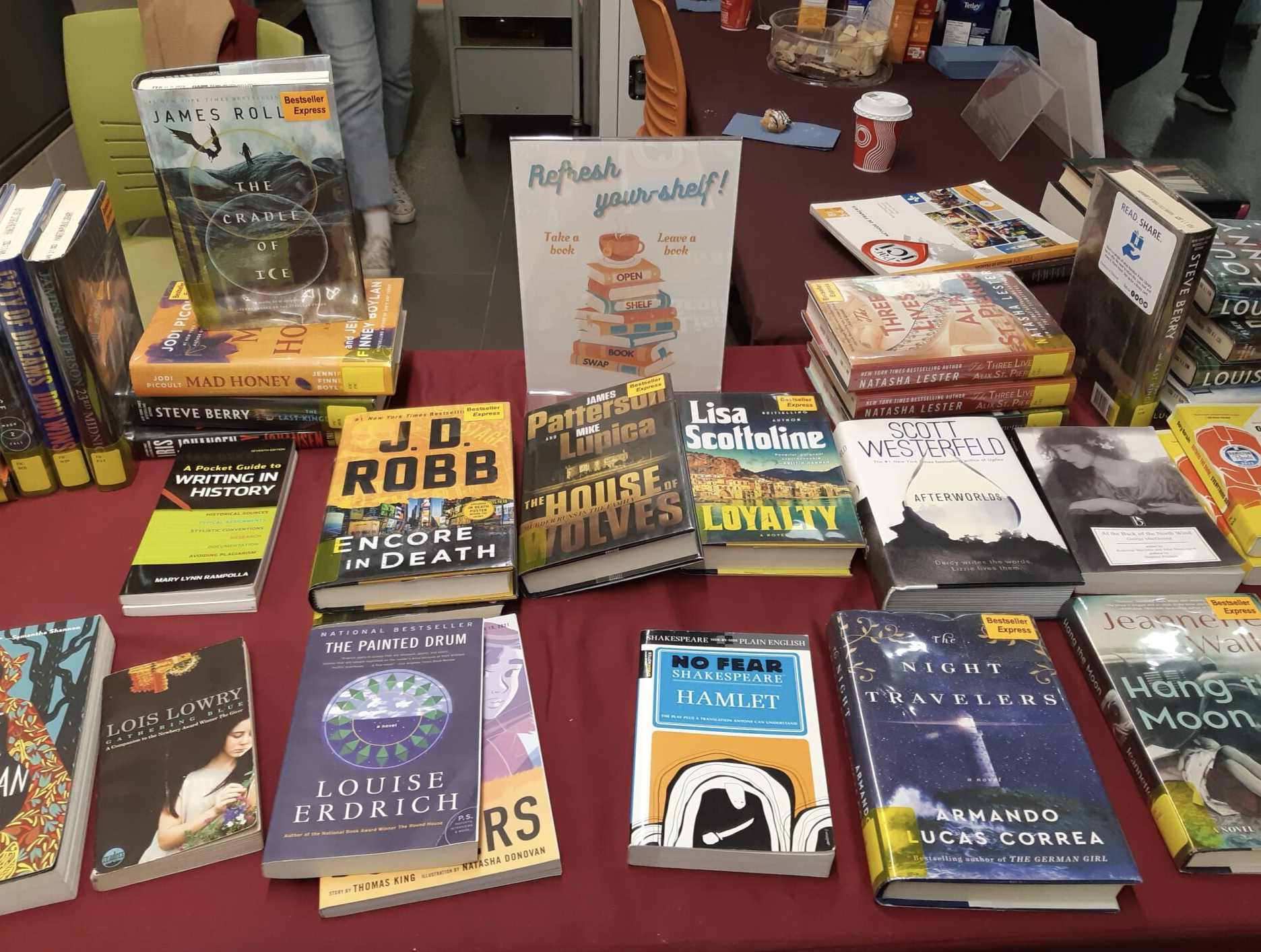
Refresh Your Shelf
McMaster community members donated books to Mills Library’s ‘Open Shelf’ event, which allows anyone to take a book of their choice for free.
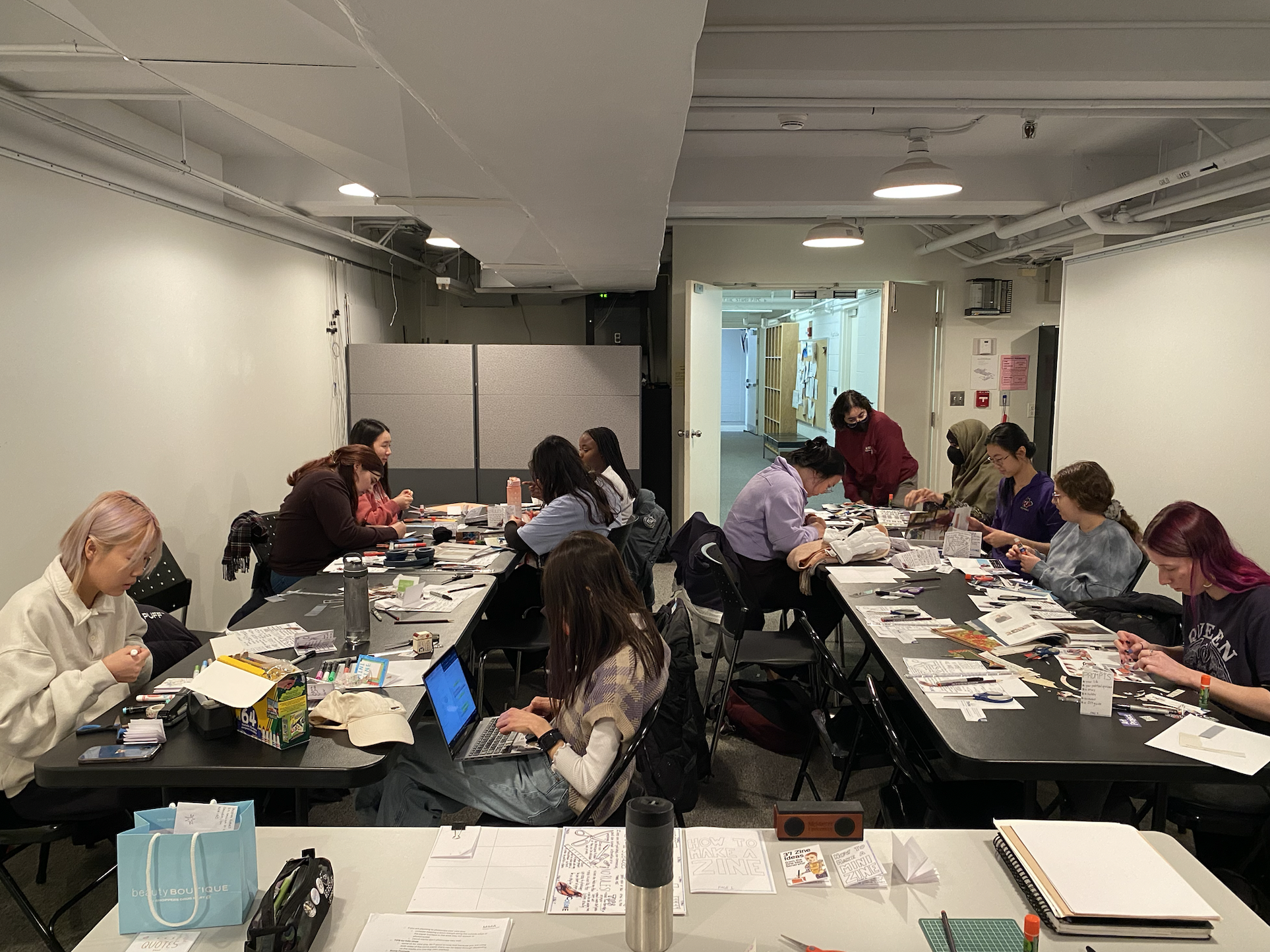
Mini Zine Making Workshop
Hosted by the McMaster Museum of Art, students came together to explore their creativity through the art of making zines.
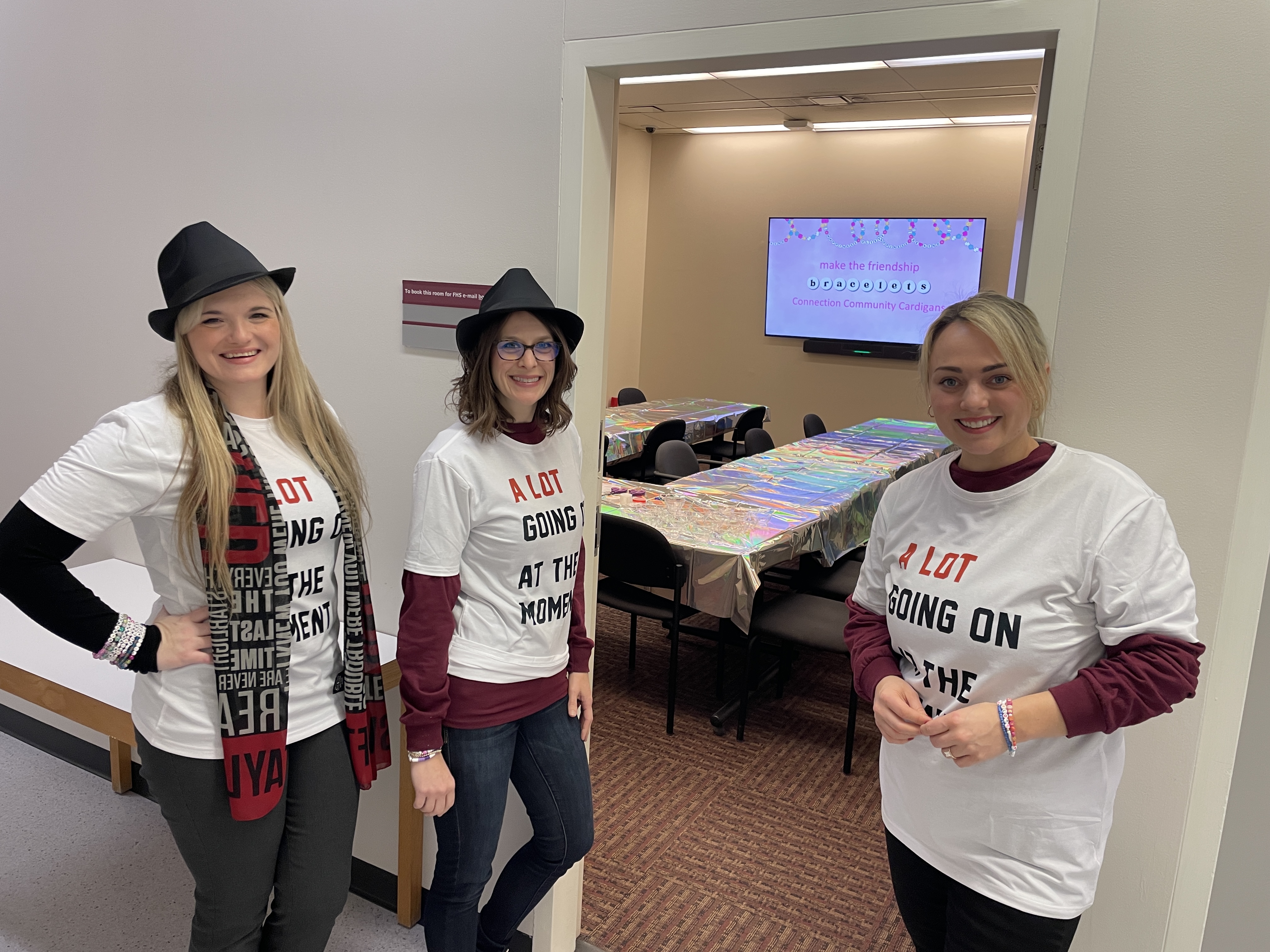
Friendship Bracelet Workshop
Hosted by the Faculty of Health Sciences, Taylor Swift fans came together to make friendship bracelets.
Virtual Gratitude Wall
According to Harvard Health, gratitude has been associated with greater happiness. Gratitude allows us to feel more positive, reminisce on memories, improve health and resilience, as well as aid in developing strong, long-lasting relationships. Therefore, allowing gratitude to be a part of our everyday lives can improve our mental health.
As part of Thrive Week, we have created a digital gratitude wall where the McMaster community can come share what they are most grateful for. We encourage you to read other people’s posts for further positive reflection. This virtual gratitude wall was inspired by UBC’s Thrive.
Thrive Resources
On-Campus Resources
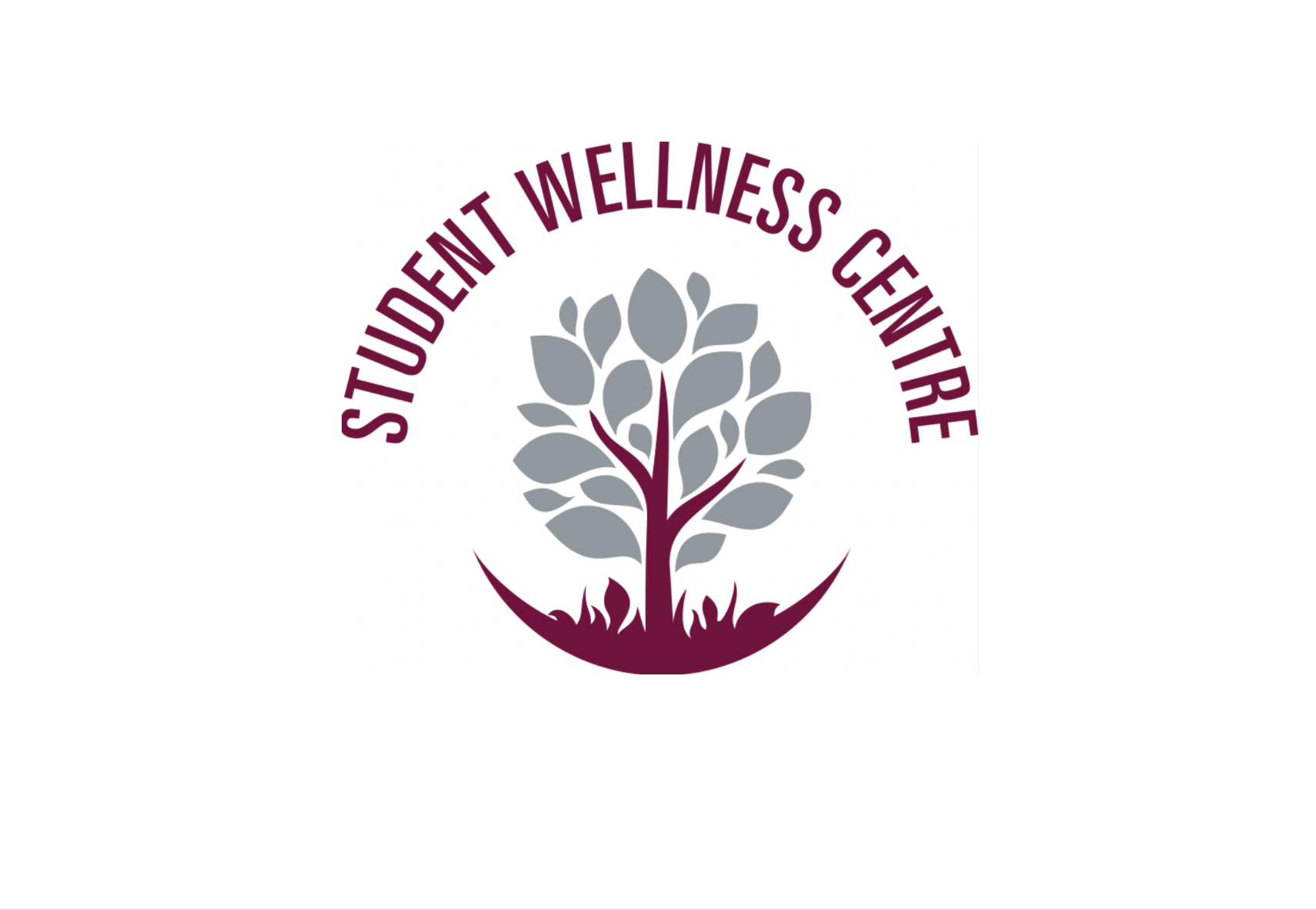
Student Wellness Centre (SWC) Visit SWC Website
The Student Wellness Centre provides a range of services, such as counselling and medical care, and offers wellness programming across a wide variety of health and well-being dimensions.
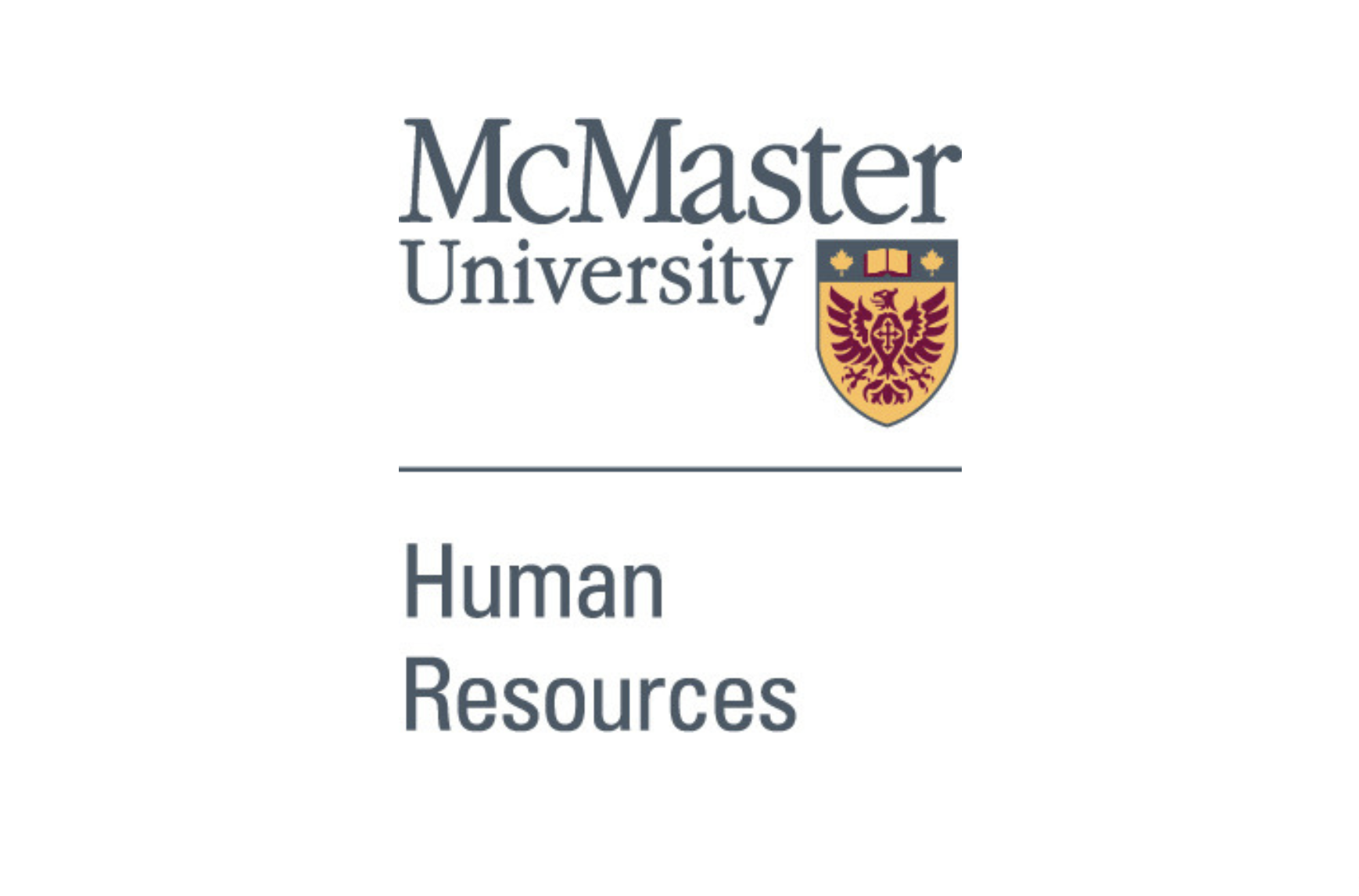
Human Resources Services Visit HR Website
Human Resources Services are focused on promoting an inclusive workplace that aims to improve the way our staff and faculty interact with our diverse programs, services, and processes.
Additional Resources
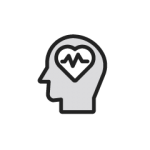
Mental Health Resources Find Resources
Find mental health resources for students, faculty and staff at McMaster and beyond.
Box Breathing Exercise Watch Video
Follow along to this box breathing exercise video.
Box Breathing Exercise - Watch Video
Mindfulness Matters Find Exercises
Take a mindfulness break. Try some guided relaxation exercises.
Body Break Watch Video
Try this 4-minute movement activity with Heidi O’Brien!
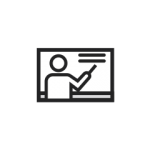
Thrive Week Template Presentation Slides Download Slides
Download these Thrive Week slides you can add to meetings, lectures and presentations.
Thrive Week Zoom Background Download Background
Download this Thrive Week Zoom background to help spread the word about Thrive Week.
Thrive History
Background
Thrive began as an idea between two colleagues at UBC in the spring of 2009. Patty Hambler was working primarily in student health promotion at the time and Suzanne Jolly in a similar role that focused on staff and faculty. They shared common goals in wanting to help create a campus environment that better understood the importance of mental health and well-being as well as one that was supportive of individuals to make choices that promoted not only healthy bodies but healthy minds.
Creating this type of cultural shift was not going to be an easy task but they decided to try a new approach: combining well-being programming to include student, staff and faculty audiences. The first annual Thrive Week launched that same year at UBC Vancouver with 20 different events and the tagline ‘Health, Community, Commitment’.
By 2014, Thrive had over 65 partners and 100 events and activities marked a highly successful initiative that reached over 35,000 campus community members. Thrive events were hosted on two UBC Campuses and in 7 different locations.
In 2018, McMaster Human Resources Services joined up with the Student Wellness Centre to host the first campuswide Thrive Week at McMaster University.


